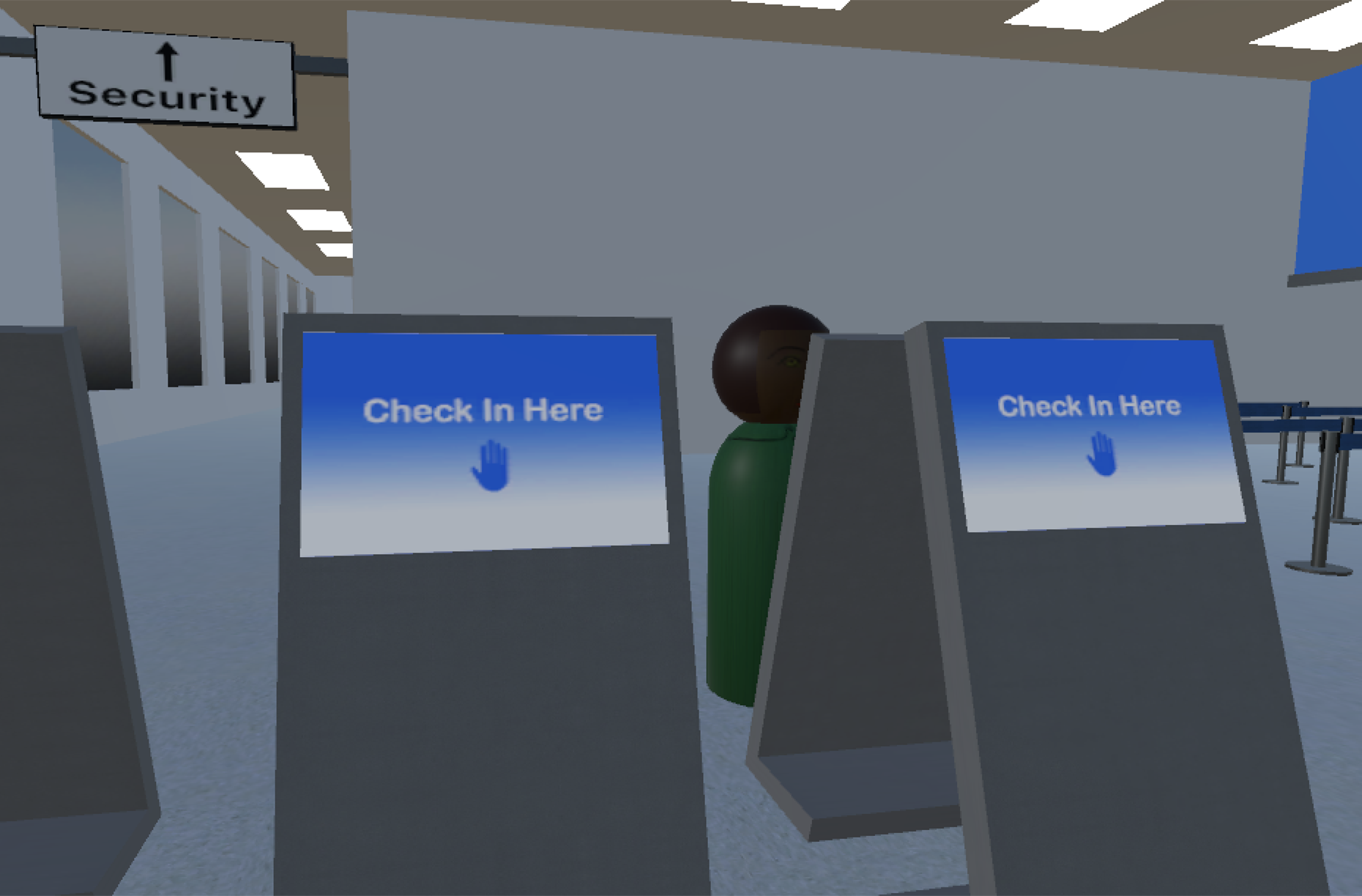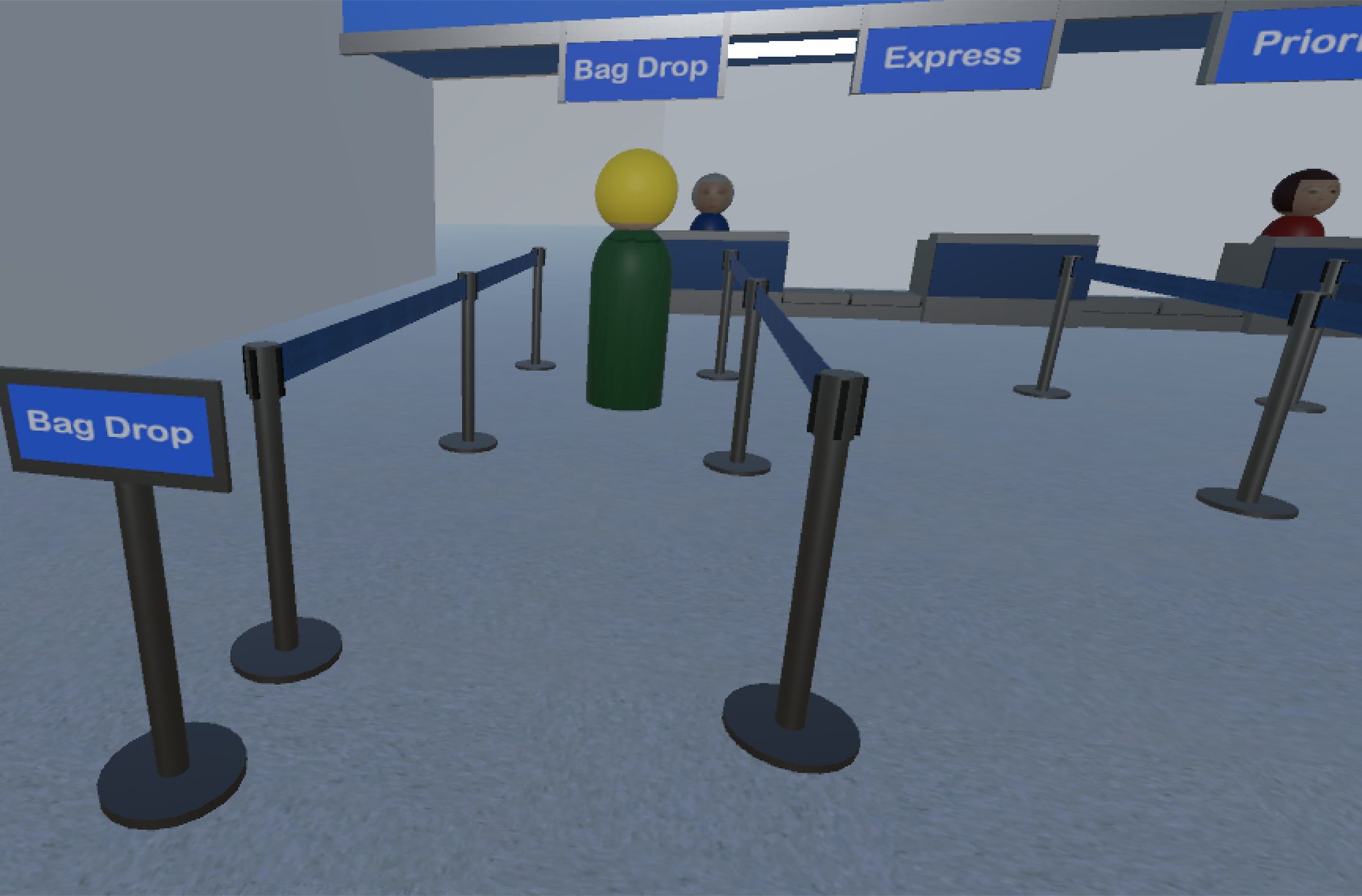About Me
Valerie Guinn Polgar is a master’s student in the Department of Computer Science at Tufts, with an expected graduation date of 2025. She holds a BFA in Digital Art from George Mason University and an MFA in Computer Art from the School of Visual Arts. Valerie spent over a decade as an active practicing artist and educator. She has worked with video, animation, coding, and physical computing in order to create both screen based and interactive immersive installations intended to foster growth, collaboration, and connection. Valerie has taught at Lincroft Community College in New Jersey, Virginia Commonwealth University in Richmond VA, and at the University of Mississippi in various Art and Computer related departments. She also founded and directed a media arts entity called Misbits NMA in Oxford, MS from 2016-2020 and has served as head programmer of experimental film and animation for the Oxford Film Festival since 2017. Valerie is currently transitioning into the field of computer science because she is interested in creating games and tools for healthcare and accessibility purposes. She recently completed her Post-Baccalaureate in Computer Science at Tufts in 2023.
About My Advisor
Fahad Dogar is an associate professor in the Department of Computer Science at Tufts University. He completed his Ph.D. at Carnegie Mellon University and his B.Sc. from LUMS, Pakistan. Before joining Tufts, he was a postdoctoral researcher in the systems and networking group at Microsoft Research UK. Dogar’s research interests span the broad areas of networking and distributed systems, with a recent focus on data center networking and future Internet architectures. He is also interested in designing technologies for developing regions and for autistic contexts. His research has been published in venues like ACM SIGCOMM, Usenix NSDI, and ACM MobiCom. His awards include a gold medal from the president of Pakistan for being the top computer science student in his undergraduate cohort.
About My Project
There is a need for tools/interventions that help autistic (or neurodivergent) individuals to be able to prepare to visit public spaces that cause high levels of stress and anxiety, such as the airport. While there are certain efforts that have gone into making the airport more accessible for neurodiverse populations, such as the addition of dedicated quiet spaces and programs like “Wings for Autism”, there is a need for more accessible tools. This need can be partially met through the use of an airport simulation, in allowing individuals to practice going to the airport in a more accessible and cost-efficient manner. CYO Airport Story, a serious game airport simulation, is proposed as one such simulation that could benefit anyone with airport-related anxieties (though it is primarily designed for neurodiverse populations). It incorporates the social model of disability in its design, instead of the more commonly used medical model of disability that uses approaches such as Cognitive Behavioral Therapy (CBT) and exposure therapy, which are controversial when used within the autistic community. Special effort has been made in designing this tool that can serve any individual who would benefit from practicing going to the airport (to ease airport-related anxieties) in a manner that gives the user full agency over its use, and within the simulation itself.


